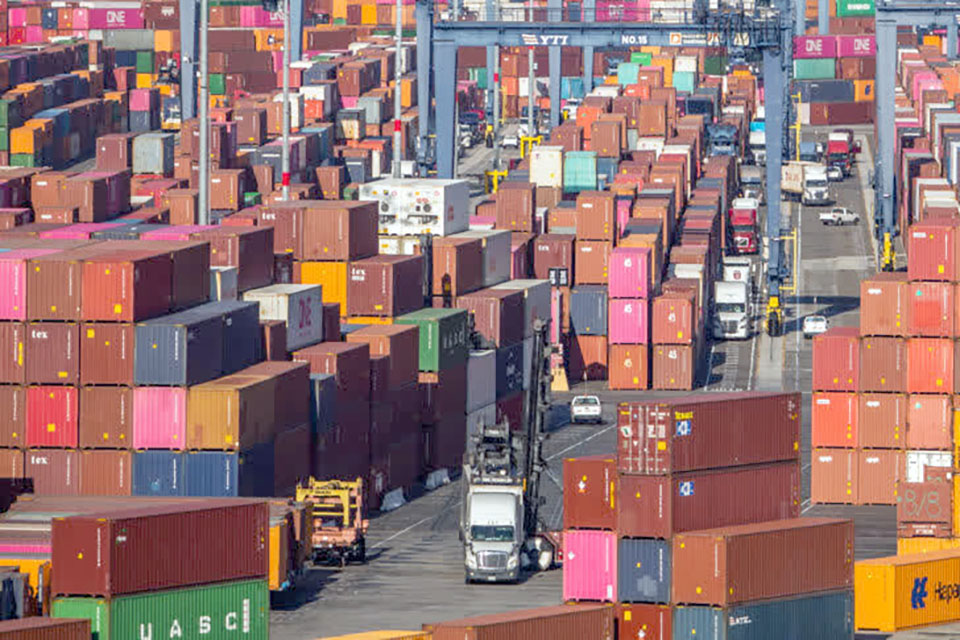
With Thailand and Saudi Arabia having restored relations, Thai businesses have been able to expand more into the Middle East. Nonetheless, limitations stemming from local regulations and the lengthy shipping time for Thai products still present obstacles to Thai entrepreneurs.
Thanis Na Songkhla, former consul general at the Thai consulate in Jeddah, Saudi Arabia, attended a seminar titled “Middle East Gateway: Opening the Door to the Trading World in the Middle East”. The seminar was organized by the Small and Medium Enterprise Development Bank (SME D Bank) and the Institute for Small and Medium Enterprises Development (ISMED).
Thanis elaborated that Thai businesses have been expanding more toward the Middle East region after Thailand’s relations with Saudi Arabia improved. Frozen food, Hom Mali rice, automotive parts, furniture, cosmetics, trees, wellness services, health services, and spa services were being increasingly exported to the Middle East.
According to the former consul general to Saudi Arabia, Thai businesses are restricted by transportation costs that remain high because of fluctuations in energy prices. They are also restricted by a lengthy shipping time for products and local regulations, notably tariffs. This means Thailand’s competitiveness still falls behind that of trade competitors. Thanis said the best solution would be for private sector players to group together to bring down transportation costs. If successful, this would create more opportunities for Thai products in the Middle East.
SME D Bank will be providing loans to exporters that need working capital. ISMED will provide consultation on topics such as the behavior of Middle Eastern consumers, trade competition in the Middle East, and product development. (NNT)






